- Joined
- Jan 22, 2022
- Messages
- 144
I just picked up 4 machines on Facebook for a deal I could not pass up. Included was a Atlas 7b shaper. I have been wanting one of these for a long while!
However after getting it home and doing more reading I’m not sure if it’s more of a cool machine than a practical machine???
I’m limited on space in my garage. My shop is currently a hobby shop but I plan on making my shop a gunsmith machine shop. Mostly focused on barrel work (contouring, cutting and precision threading). Will this shaper serve any practical use in my shop??
It appears mostly complete. It’s missing a vise, ram clamp, door and left side belt cover.
I also can’t get it to move. The motor works just fine but the ram won’t move. Am I missing something??
See my YouTube video
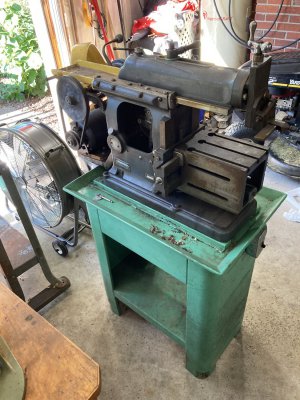
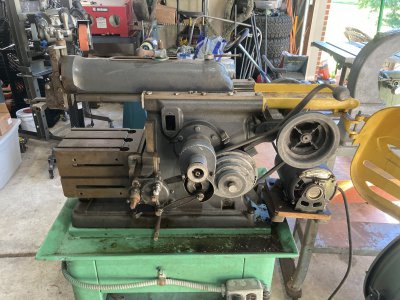
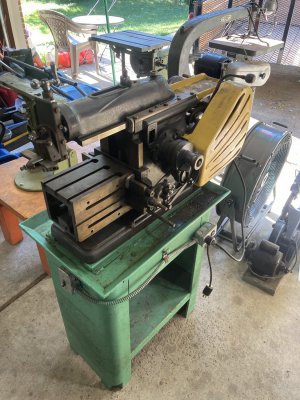
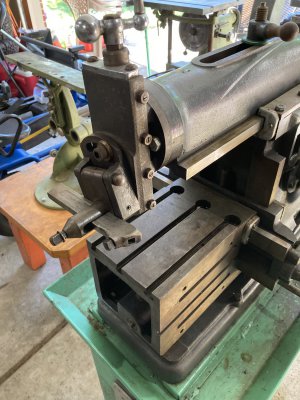
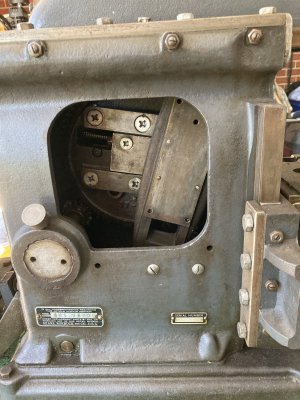
However after getting it home and doing more reading I’m not sure if it’s more of a cool machine than a practical machine???
I’m limited on space in my garage. My shop is currently a hobby shop but I plan on making my shop a gunsmith machine shop. Mostly focused on barrel work (contouring, cutting and precision threading). Will this shaper serve any practical use in my shop??
It appears mostly complete. It’s missing a vise, ram clamp, door and left side belt cover.
I also can’t get it to move. The motor works just fine but the ram won’t move. Am I missing something??
See my YouTube video





